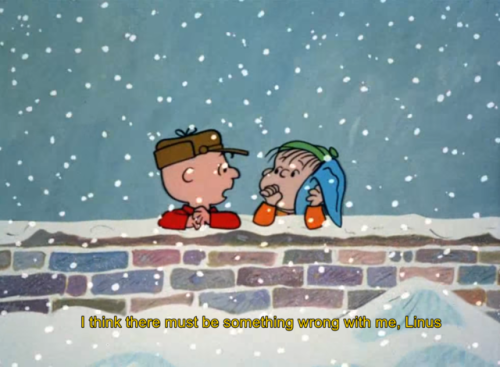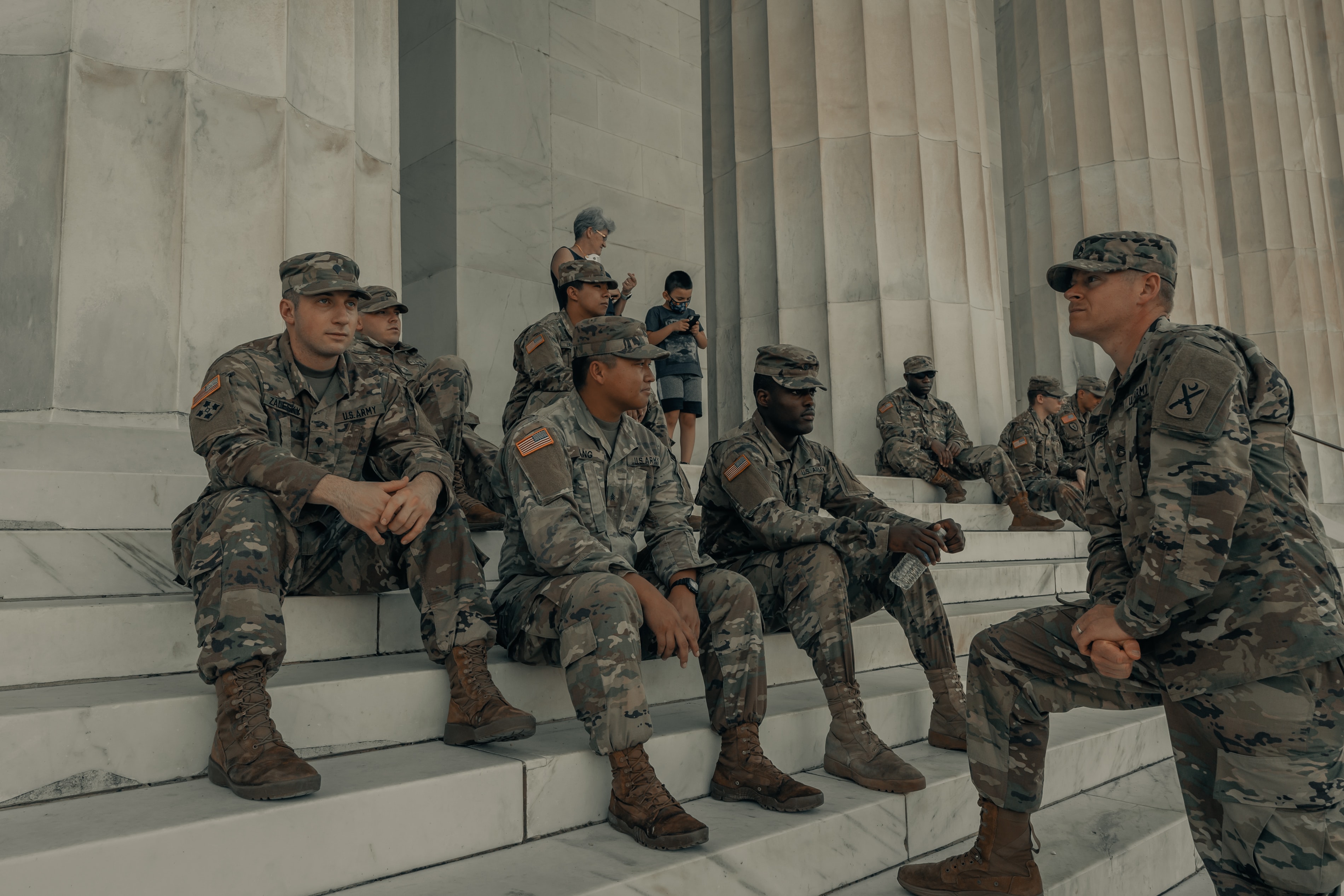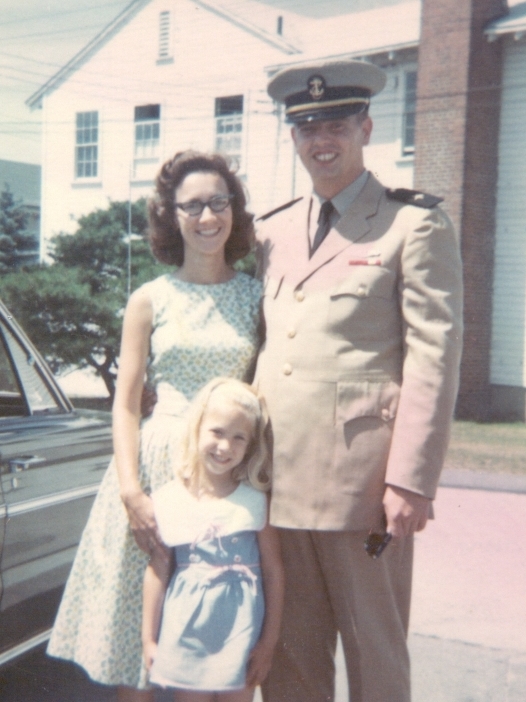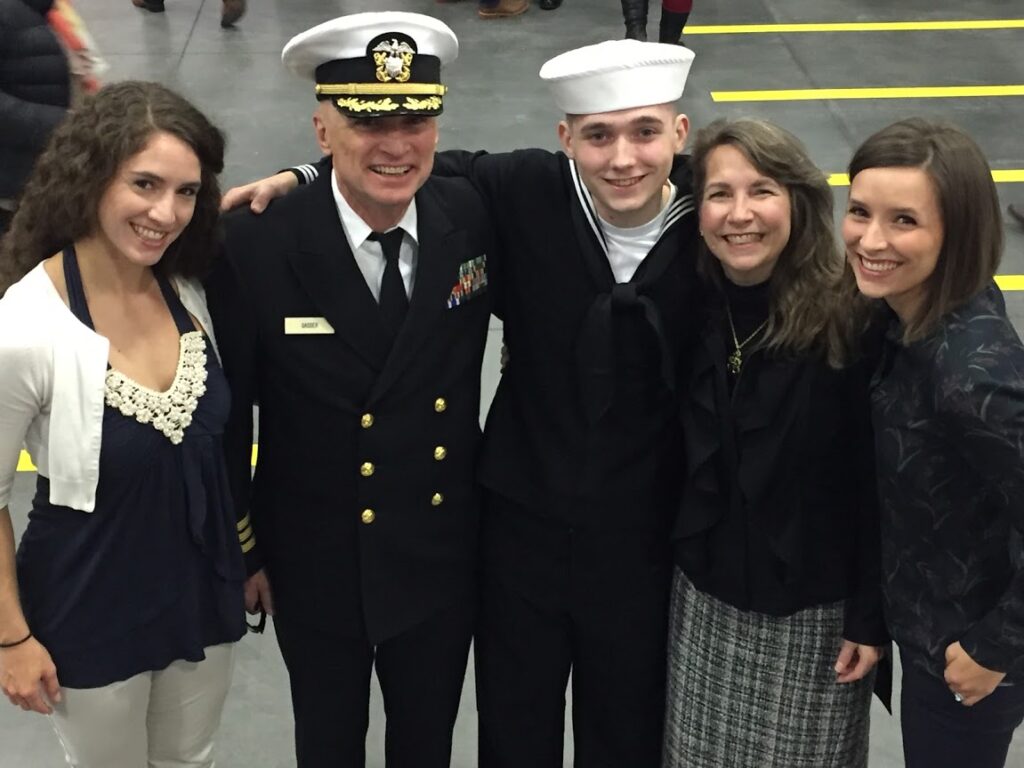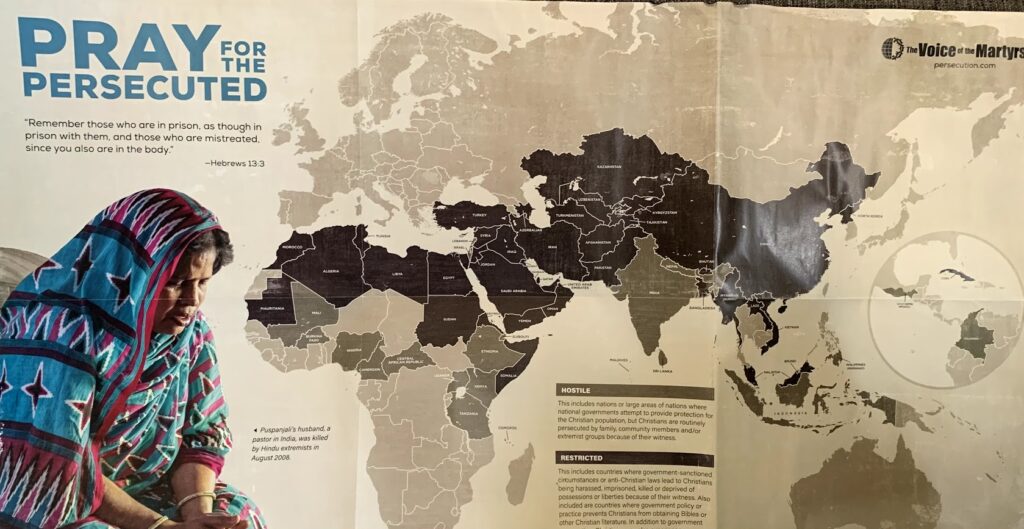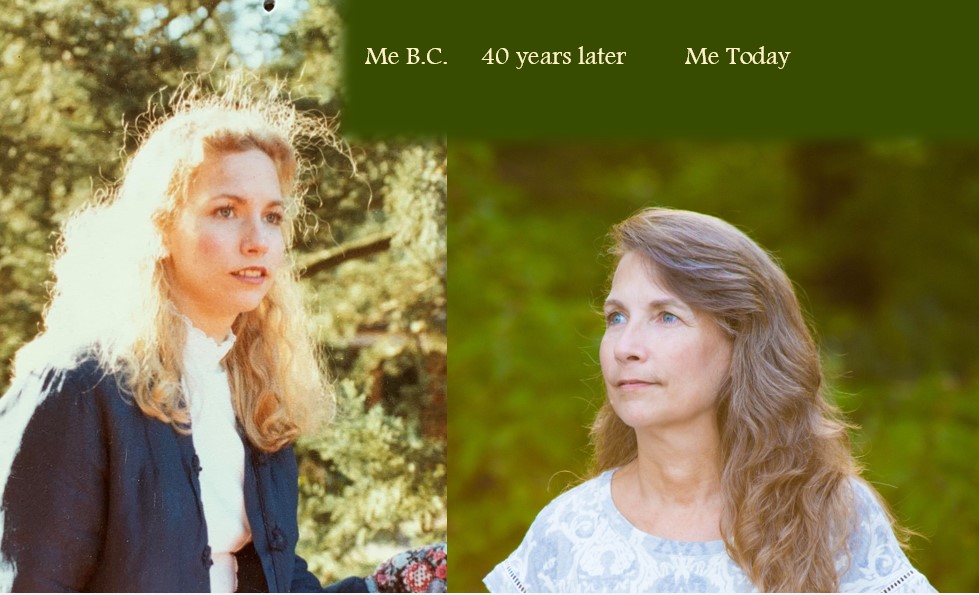Humili*tea

Welcome to Teatime
Tea Time is a quarterly (February, May, August, and November) reflection on various qualties.
hu*mil*i*Tea /(h)yo͞oˈmilədē/ noun: 1. a modest opinion of one’s own importance, 2. an absence of pride or self-assertion, 3. To accept, with gratitude, a cup of coffee when you’d prefer tea.
Did you know today, February 22nd is national “Be Humble Day” and the birthday of the first president of the U.S.? I wonder if the anonymous founder of “Be Humble Day” chose George Washington’s birthday on purpose? (Google didn’t know either.)
I think Washington would count it an honor to have his birthday celebrated by acts of humility—a day to refrain from boasting and acknowledge our mistakes and flaws. In the spirit of “Be Humble Day.”
When I was a child, I enjoyed two days off from school in February: the 12th and the 22nd. However, in 1968, when I was a wee second-grader, Uncle Sam stole candy from this baby by rolling the two days into one—Presidents Day—a day to remember not only Washington and Lincoln but all who’ve taken the solemn oath of office. This act of congress took the limelight off Washington’s accomplishments and celebrated each person who served our country as commander-and-chief. Washington would approve, no doubt, but he wasn’t always that humble.
Historians note that young Washington displayed arrogance and excessive ambition. But General Washington resigned his commission as a changed man. War taught him to put others first—a lesson to master if we want to leave this world better than we found it.

“How far you go in life depends on your being tender with the young, compassionate with the aged, sympathetic with the striving, and tolerant of the weak and the strong. Because someday in life you will have been all of these.” ~ George Washington
Humility enjoys the freedom of transparency; pride protects self with deception. The humble confess transgressions, receive forgiveness, and gain confidence in the work and worth God bestows upon him. In contrast, the arrogant hide failure and inflate successes. Our Creator gifts us with talents, abilities, and resources to be used for the good of others and the glory of God.
“Humility is not thinking less of yourself; it’s thinking of yourself less.” ~ C. S. Lewis
As the newly formed government considered a title for its first leader, Vice President Adams suggested the following: “His Elective Majesty,” “His Mightiness,” and even “His Highness, the President of the United States of America and the Protector of their Liberties.”
However, Washington rejected these inflated perceptions of a head-of-state. They had just won a revolution against a king who claimed divine anointing. While God raises leaders, He also removes those that think too highly of themselves and fail to give Him glory—Nebuchadnezzar being a prime example (Daniel 4:30-33).
Washington understood the title he chose would set both the tone of his leadership and precedence for his successors. He suggested, and the House adopted, the title “The President of the United States,” accepting the simple address, “Mr. President.”

I shuddered at the phrase “under my reign” (instead of administration) as I listened to recent presidential debates. Sorry boys and girls, there’s no such thing as King of America! It’s lamentable that few modern-day presidents display the same humility as George Washington.
Putting politics aside, might celebrating “Be Humble Day” help repair the political and cultural rifts in our nation and the world? The best place to start is on our knees with honest confessions. For example, do we speak disrespectfully about the authorities God placed over us or fail to pray for them? Ouch! I plead guilty. Then our hearts will be ready to pray and thank God for those who serve our nation.
Jesus challenges us to be humble every day, not just on February 22nd. What might happen if we all accept His mandate, “Let nothing be done through selfish ambition or conceit, but in lowliness of mind let each esteem others better than himself. Let each of you look out not only for his own interests, but also for the interests of others.” Philippians 2:3-4
Lord, please deliver us from delusions of grandeur. Help us reflect the humility of Jesus, Who came not to be served but to serve by laying aside His glory and laying His life down for others. Amen
ith gratitude, a cup of coffee when you’d prefer tea (or vice versa).






